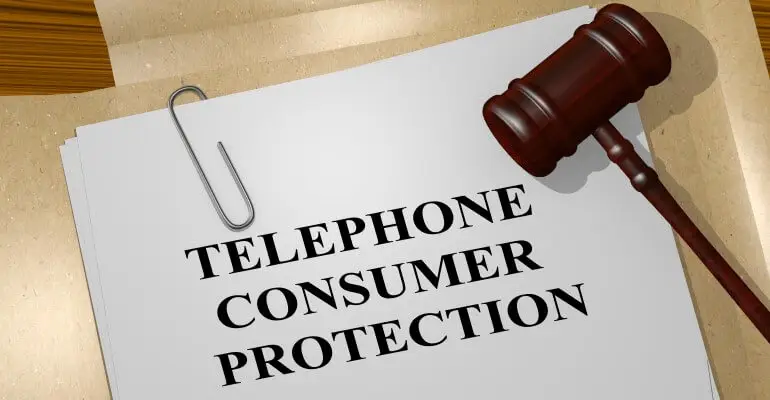Top 5 Telemarketing Tactics Used to Target Customers

It is important to know that you have rights as a consumer. At Wenzel Fenton Cabassa P.A., we take TCPA violations very seriously and work hard to fight for consumers across Florida to stop robocall scams in their tracks — and hold them accountable for their harassing tactics.
Want to know how telemarketers target customers just like you? Here are five telemarketing examples:
1. Calling at Odd Hours
Telemarketers will often call people outside of the normal business day — including early morning hours, at night, and on Saturdays and Sundays too. Even though there are strict rules under the TCPA (calls cannot generally be made before 8 a.m. or after 9 p.m., local time), many telemarketers try to get away with calling at odd hours to execute these robocall scams.
2. Using a “Trojan Horse”
Do you sometimes get calls that are confusing or misleading about the real purpose of the call? This is called a “Trojan Horse.” Telemarketers can utilize the tactic of not stating immediately why they called. One of the things they may say can be offering something special for free, like a vacation, when they are actually trying to make a sale (time-share condo, cruise, etc.)
3. Making Follow-up Calls
Another potential TCPA violation is the tactic of making follow-up calls. If a particular telemarketer doesn’t get the answer he/she wants, they may continue to make multiple calls throughout the day. This is not only annoying, but it can also be a robocall scam that violates your rights as a consumer.
4. Misrepresenting Their Authority
Telemarketers can get pretty tricky to get the outcome they want on a telephone call, including misrepresenting their position of authority. A caller might say they can guarantee you something (like a specific price for a product) but not actually be able to follow through with that statement. Consumers across Florida and the United States can not only be conned out of a lot of money this way but can also be the victim of a TCPA violation at the same time.
5. Utilizing “Neighborhood Spoofing”
The robocall scam of “Neighborhood Spoofing” is rampant across the country. It is identified as when a telemarketer will use a local area code when attempting to contact you in hopes that you are more likely to pick up the call. It is a particularly tough tactic to deal with because it is much harder to screen.
Don’t Let Robocall Scams Get the Best of You
At Wenzel Fenton Cabassa P.A., we take telemarketers that commit TCPA violations head on. We are aggressive consumer rights attorneys that are experienced and have deep expertise with the Telephone Consumer Rights Act.
Have you experienced one or more of these telemarketing tactics? You may have a case. You may even be entitled to up to $1500 for each unwanted call you have received in the last four years.
Contact Wenzel Fenton Cabassa P.A. today to set up a free, confidential case evaluation. We are here to fight your rights as a consumer against robocall scams and other TCPA violations.
Please Note: At the time this article was written, the information contained within it was current based on the prevailing law at the time. Laws and precedents are subject to change, so this information may not be up to date. Always speak with a law firm regarding any legal situation to get the most current information available.
Related Posts

FREE HELP GUIDES
Dealing with unpaid wages, discrimination or wrongful termination? Get the information you need to protect your workplace rights. We offer employment law resources to help you fight for workplace justice.





